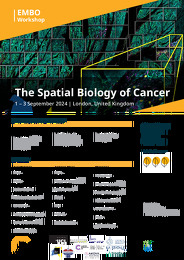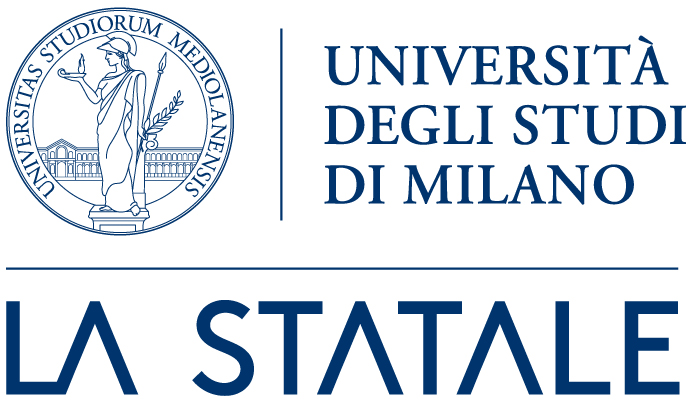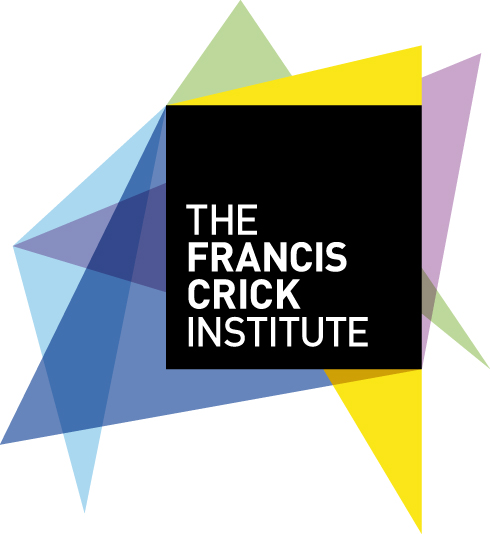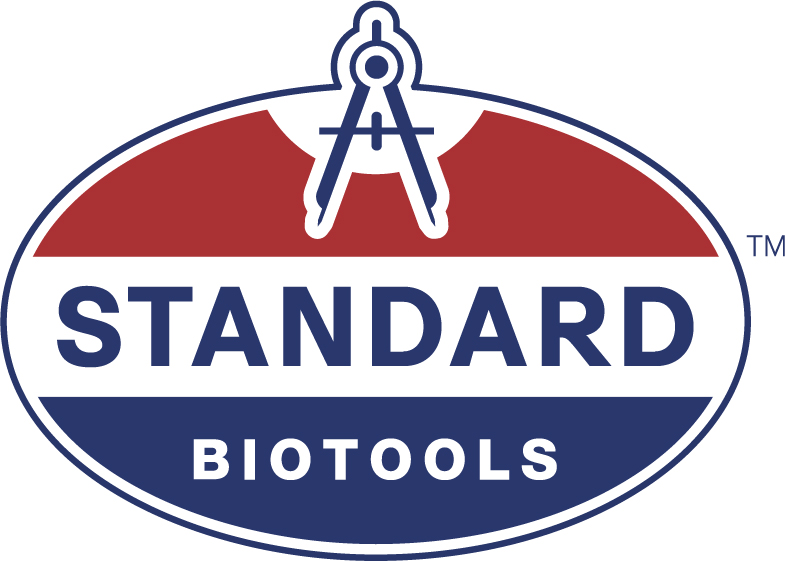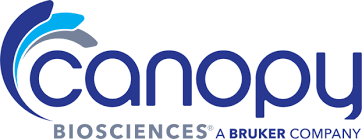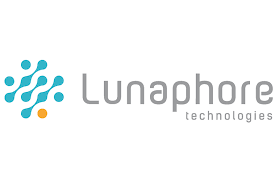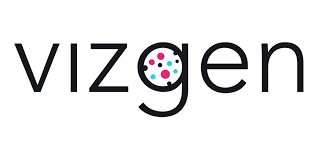Registration includes:
The registration fee includes workshop and hackathon attendance, meals during the workshop, conference dinner on Sunday evening, networking, poster activities, as well as a 3-night accommodation (1–3 September) in the UCL residence hall John Dodgson House (24 - 36 Bidborough St, London WC1H 9BL), only 6 minutes’ walk from the Francis Crick Institute (check-in Sunday, check-out Tuesday). All participants will be housed together, and the hall provides single room accommodation with en suite bathroom for every participant.
Payment
Participants will pay via Stripe. Please note that to secure your place at the workshop and be considered for poster or talk presentation, your payment has to be received by the deadline (1st June)
Selection criteria
All applicants will be selected for either a short talk, flash talk or poster presentation. The short/flash talk applicants will be selected based on the quality of the submitted abstracts. The applicants will be required to select a specific topic when submitting the abstract that aligns with the session topics (Current and emerging spatial technologies; Analytical challenges; Spatial cancer biology; Digital pathology and impact in the clinic). The workshop organiser and co-organisers will evaluate all submitted abstracts based on the following criteria (scores 0-10 where 0 is worst and 10 is the best):
1. Fit to meeting topic
2. Novelty
3. Quality of the experiments/analyses
4. Impact of the results
The top 3 scoring abstracts for each workshop topic will be selected to deliver short talks (10 minutes each+5 minutes questions). The rest of the abstracts will be prioritised for poster presentations. The top 10 of the ones selected for posters will also have the opportunity to give a flash talk (2 min each) in the plenary session.
When prioritizing abstracts for oral presentations we will ensure a balance is maintained in terms of sex, geographical distribution and career level.
Abstract submission will be mandatory for participation from academia, so as to maximise opportunities for knowledge exchange and networking.
Abstract guidelines
Word limit: 300 words, text only (no images/tables). One abstract per participant.
Abstracts can only be submitted online using the Abstract form for oral and/or poster presentations available. Abstracts must be submitted in English.
No references, tables or graphics should be included in the abstract
When using abbreviations within the body of the abstract, please spell out the name in full at first mention and follow with the abbreviation in parenthesis.
It is the responsibility of the author to ensure abstract text does not contain any typos or grammatical errors
No changes can be made after submission.
Poster specifications
Posters should be in A1 portrait size format.
Travel grants and registration fee waivers
Travel grants and registration fee waivers are available for participants.
Selection of awardees is handled directly by the organizers. EMBO travel grants and registration fee waivers are allocated on the basis of the quality of the submitted abstract.
Applicants do not need to apply separately for these but should indicate on the registration form if they wish to be considered.
Additional travel grants are available for EMBC Associate Member States Chile, India, Singapore and Taiwan.
Special travel grants and registration fee waivers
A limited number of travel grants and registration fee waivers are available for scientists working in Croatia, Czech Republic, Estonia, Greece, Hungary, Italy, Lithuania, Luxembourg, Poland, Slovenia and Turkey. Grants are allocated on the basis of the quality of the submitted abstract.
A maximum of 700 Euros per participant are available to cover registration fees, travel, and accommodation (no additional subsistence costs can be covered). To apply, please indicate the itemized amount requested in the travel grants section of the registration form.
Child care grants
EMBO Courses and Workshops offers grants to offset additional childcare costs incurred by participants or speakers when participating at any EMBO Courses and Workshop funded meeting. Eligible costs include fees for a caregiver or child-care facility, travel costs for a caregiver, or travel costs for taking the child to the meeting etc. Please indicate on the registration form whether you would like to be considered for the grant. Please also describe how you intend to use the childcare grant and specify the sum that you will need.
Sustainability
CO2 OFFSETTING:
We have partnered with Treebu, an Italian start-up company that will plant 143 paulownia trees (one per participant) to help offset the CO2 offprint of the workshop. Treebu will partly sponsor this by offering us a discounted cost per tree (€25 instead of €40). Each participant will be able to see their tree and the progress of the project through a dedicated site and QR code. See more about the project including the benefit of paulownia trees here: https://app.treebu.io/forests/first-playable/?lang=eng.
VENUE:
The Crick has set its target to reduce Scope 1 and 2 carbon emissions by 50% by 2030 and achieve Net Zero Carbon (NZC) by 2040. In has 2022/23, the Institute has achieved a 21% reduction in emissions. In addition, the Crick will be delivering on its wider Sustainability Strategy, which includes projects to reduce Scope 3 carbon emissions as well as those which will establish sustainable operations and reduce the Crick’s environmental impact.
CATERING:
Vegetarian and vegan only food will be served throughout the conference. Crick catering service relies on local food providers only.
TRAVEL:
Speakers from UK will all travel with train and we will offer the option to consider travelling by train to all European speakers (Crick is located in front of St Pancras Station where Eurostar trains from Europe arrive/depart). One of the speakers from US (Dr Navin) will give the talk remotely.
Code of conduct
Anti-harassment and non-discrimination policy
At EMBO, we believe that harassment and discriminatory behaviour are unacceptable in any setting. EMBO's code of conduct is applicable for all participants of this EMBO meeting and can be found here.





